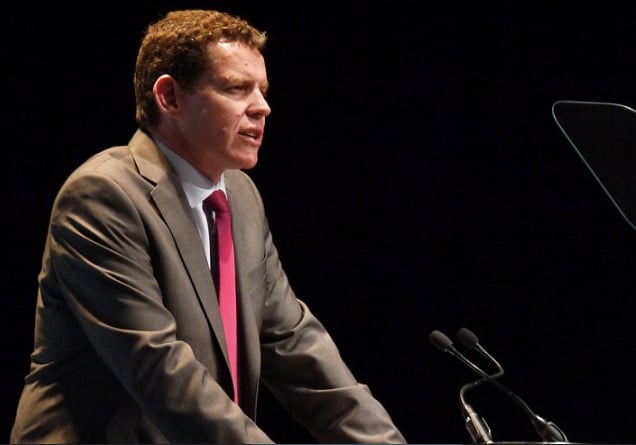Once-in-a-generation reforms to make the Senedd more modern and effective have today been published by the Welsh Government as part of the Co-operation Agreement with Plaid Cymru.
The Bill aims to create a modern Senedd, better able to represent people in Wales, with increased capacity to scrutinise, make laws, and hold the government to account. It also realises the recommendations made by the Special Purpose Committee on Senedd Reform, which were endorsed by a majority of Senedd Members in June 2022.
If Senedd Members support the changes outlined in the Bill, they will be in place for the 2026 Senedd elections.
The Senedd Reform Bill proposes the following changes:
- The Senedd will have 96 Members elected using closed proportional lists. The seats would be allocated to parties using the D’Hondt formula.
- The 32 new UK Parliament constituencies will be paired to create 16 Senedd constituencies for the 2026 Senedd election. Each constituency will elect six Members.
- Senedd elections will be held every four years from 2026 onwards.
- An increase in the maximum number of Welsh Ministers which can be appointed from 12 to 17 (plus the First Minister and the Counsel General) with an additional power to enable a further increase in the number to 18 or 19 with the approval of the Senedd.
- Increase the maximum number of Deputy Presiding Officers who can be elected by Senedd Members from one to two.
- All candidates for future Senedd elections must live in Wales.
- A pathway for further consideration in the Seventh Senedd of the practical and legislative implications of job-sharing of offices relating to the Senedd
- A review mechanism to consider the operation and effect of the new legislative provisions following the 2026 election and any other Senedd reform issue it considers relevant.
The Bill also proposes a full boundary review should take place after the 2026 Senedd election. This will take effect at the 2030 Senedd election, with reviews every eight years. The Local Democracy and Boundary Commission for Wales will be repurposed and renamed – to be known as the Democracy and Boundary Commission Cymru with the functions necessary to undertake reviews of Senedd constituency boundaries.
A separate Bill to introduce gender quotas for candidates for election to the Senedd, with the aim of making the institution more effective and more representative of the people it serves, will be brought forward later in the year.
Counsel General Mick Antoniw said:
“This is a once-in-a-generation opportunity to create a modern Senedd, which truly reflects Wales, and to strengthen our democracy.

“We are creating a more effective Senedd, with a greater ability and capacity to hold the Welsh Government to account. This Bill will help ensure the Senedd also reflects the huge changes to Wales’ devolution settlement since 1999, including law-making and tax-raising powers.
“Wales is the most under-represented country in the UK – the Senedd has the least Members of any devolved Parliament in the country and the recent reduction to UK Parliamentary seats is the most significant change in a century.”
Leader of Plaid Cymru, Rhun ap Iorwerth, said:
“Twenty six years ago to the day when the people of Wales voted Yes for devolution, we are taking another historic step to strengthen and empower our democracy.

“A stronger, more representative Senedd, elected through a proportional system, will be better equipped to continue to make a difference to the people of Wales. It will ensure fairness, provide better scrutiny and help all of us realise our ambition for Wales and our maturing democracy.
“Once passed, the Senedd Reform Bill will also place Welsh democracy on firmer foundations and bring us closer to the size of the legislatures in Scotland and the north of Ireland. This stands in stark contrast to the way in which Wales’s representation on a UK level at Westminster is being weakened.”




